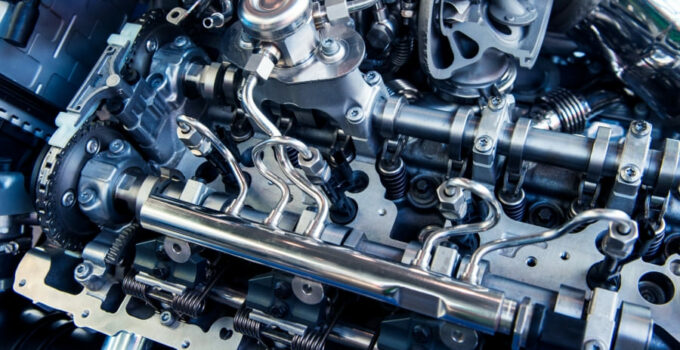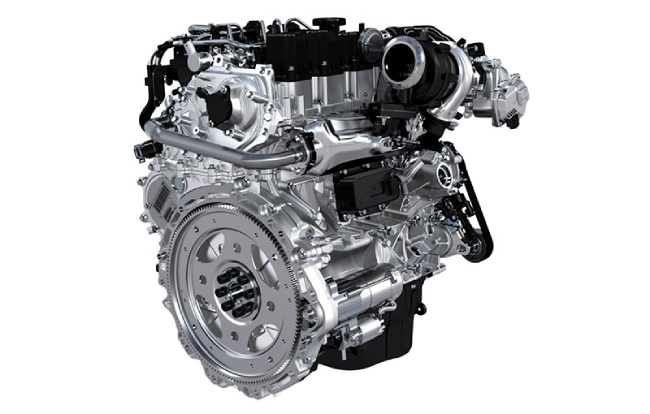
The TD4, TDV6, TDV8 series consist of diesel engines that Land Rover models are equipped with. These are turbo engines. They are mostly equipped with a common rail direct injection system. But there are also versions with other fuel supply systems: with direct injection and a high-pressure fuel distributor pump without a common rail, or with fuel injection into a swirl chamber. Such engines are a joint development of other car brands, such as PSA Peugeot, Citroen, Ford Motor Company and BMW. Many versions have a double turbo, which ensures maximum efficiency and performance of the engines, in addition to having excellent traction characteristics.

Popular TD4, TDV6 and TDV8 engines
| Engine Model | Index | Displacement, L | Number and arrangement of cylinders | Number of valves | Power, HP | Max. Torque, Nm | Applicable Models |
| TD4 | 204D3 (M47TUD20) | 2.0 | 4, in-line engine | 16 | 116-150 | 280-330 | Land Rover Freelander |
| 224DT(DW12BTED4) | 2.2 | 4, in-line | 16 | 122-200 | 360-450 | Land Rover Discovery Sport; Land Rover Freelander; Range Rover Evoque | |
| ZSD-424 | 2.4 | 4, in-line | 16 | 122 | 360 | Land Rover Defender | |
| TDV6 | 306DT , 30DDTX | 3.0 | V6 | 24 | 211‒306 | 520‒700 | Range Rover Sport; Land Rover Discovery; Range Rover |
| 276DT | 2.7 | V6 | 24 | 190 | 440 | Land Rover Discovery; Range Rover | |
| TDV8 | 448DT | 4.4 | V8 | 32 | 313‒339 | 700‒740 | Range Rover |
| 368DT | 3.6 | V8 | 32 | 271‒272 | 630‒640 | Country Range Rover; Range Rover Sport |
Common defects of TD4, TDV6 and TDV8 engines
| Flaws | Engines |
| Unstable vortex valves. Improper assembly can loosen and damage the pistons and turbine. | 204D3 |
| The crankshaft pulley breaks quickly. | 204D3 |
| Dismantling the injectors is complex and tedious. Normally they have to be drilled out. | 224DT, DW12BTED4 |
| The fuel pump in the rail system wears out quickly due to impurities in the diesel fuel. Their wear residues clog the injectors. | ZSD-424, 306DT, 30DDTX, 276DT |
| From 200 000 km there is a knocking noise under the hood caused by damage to the connecting rod ends. | ZSD-424 |
| Engine stalls or does not start due to crankshaft sensor faulty design. | 306DT, 30DDTX |
| The premature failure of the crankshaft bearing due to its faulty design. | 306DT, 30DDTX, 276DT |
| The turbo works due to a defective drive no longer correct. | 276DT |
| The plastic components of the intake manifold crack as well as the air lines. | 448DT |
| The broken thermostat housing overheats the engine. | 368DT |
| The engine is running out of oil due to oil leaks from the turbocharger. | 368DT |
